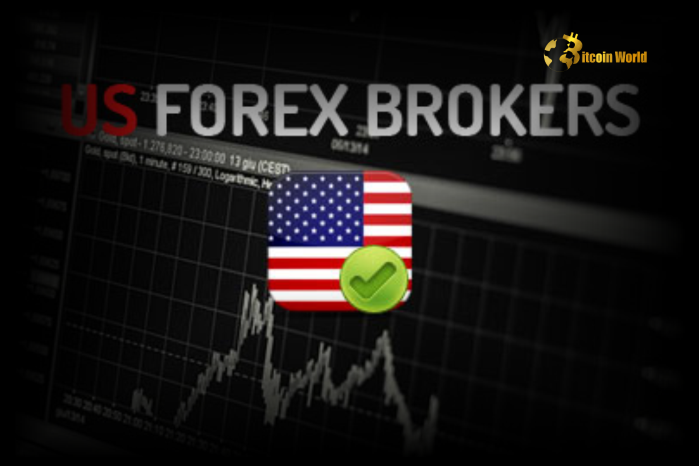A Beginner’s Guide to Forex Trading in America
A Beginner’s Guide to Forex Trading in America
Blog Article
Legal Regulations for Forex in the United States
International change, or Forex trading, draws millions of players in the United States every year. Its pure size and liquidity allow it to be one of the very most fascinating areas globally. Nevertheless, forex trading for beginners. takes a special and rigid approach to regulating Forex activities. If you're seeking to trade currencies or simply just want to understand how appropriate frameworks form the Forex industry, understanding these rules is crucial.

Essential Legitimate Frameworks Surrounding Forex in the US
Forex regulation in the United States stands apart due to its thorough chance controls and customer protections. Two primary government bodies oversee many Forex actions:
• Product Futures Trading Commission (CFTC)
• National Futures Association (NFA)
The CFTC, developed in 1974, is assigned with regulating the futures and possibilities areas, international exchange included. The NFA, as a self-regulatory company, works strongly with the CFTC to enforce principles and maintain fairness in trading practices.
Registration and Conformity
Every Forex vendor or broker employing U.S. people should enroll with both the CFTC and NFA. These entities will also be required to stick to rigorous functional criteria, including:
• Minimal web capital requirements (often more than in different countries)
• Ongoing audits
• Strong anti-money laundering (AML) guidelines
• Clear risk disclosure
Violations can cause large fines or a permanent ban from the market. That regulatory construction seeks to stop scam, protect investors, and improve market integrity.
Important Restrictions on Forex Activities
Foundational rights impact how Forex operates in the U.S.:
• Control limits: The NFA models a optimum influence of 50:1 for important currency pairs and 20:1 for minors. That is far below many global areas, supporting protect inexperienced traders from significant losses.
• Segregation of funds: U.S. law requires that customer resources are held split up from broker operational funds. That calculate safeguards traders in the case a broker becomes insolvent.
• Marketing and disclosure: Firms should clearly describe dangers, costs, and trading systems to clients. Misleading or extreme solicitation techniques face strict penalties.
Enforcement and Penalties
U.S. agencies frequently monitor for fraudulent schemes, insider trading, and illicit market manipulation. Mathematical knowledge from enforcement studies shows a constant structure of penalties and settlements recently, featuring constant vigilance. This setting, while stricter than most elements of the planet, creates a better playing area for retail and institutional traders alike.
Things to Consider as a US Forex Trader
New trends reveal a continuing rise in regulatory actions, a focus on consumer education, and continuous improvements to compliance requirements. If you plan to business Forex in the U.S., it's essential to:
• Verify a broker's productive enrollment position
• Keep up-to-date with regulatory changes
• Review risk disclosures prior to making trades
This method decreases unforeseen failures and improves your prospects in a tightly managed but effective marketplace. By knowledge legitimate regulations, U.S. traders can confidently take part in the Forex market while staying within the variables of the law.
Report this page